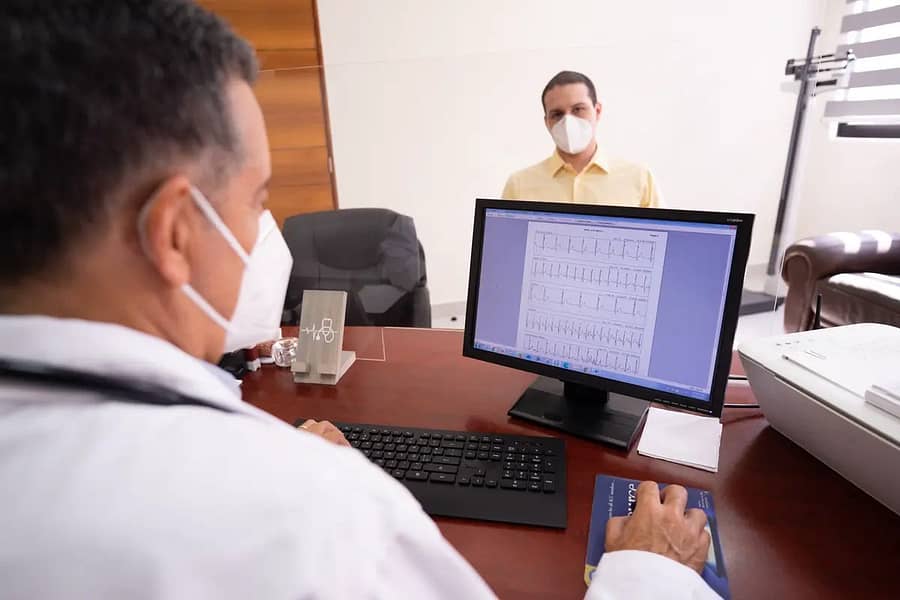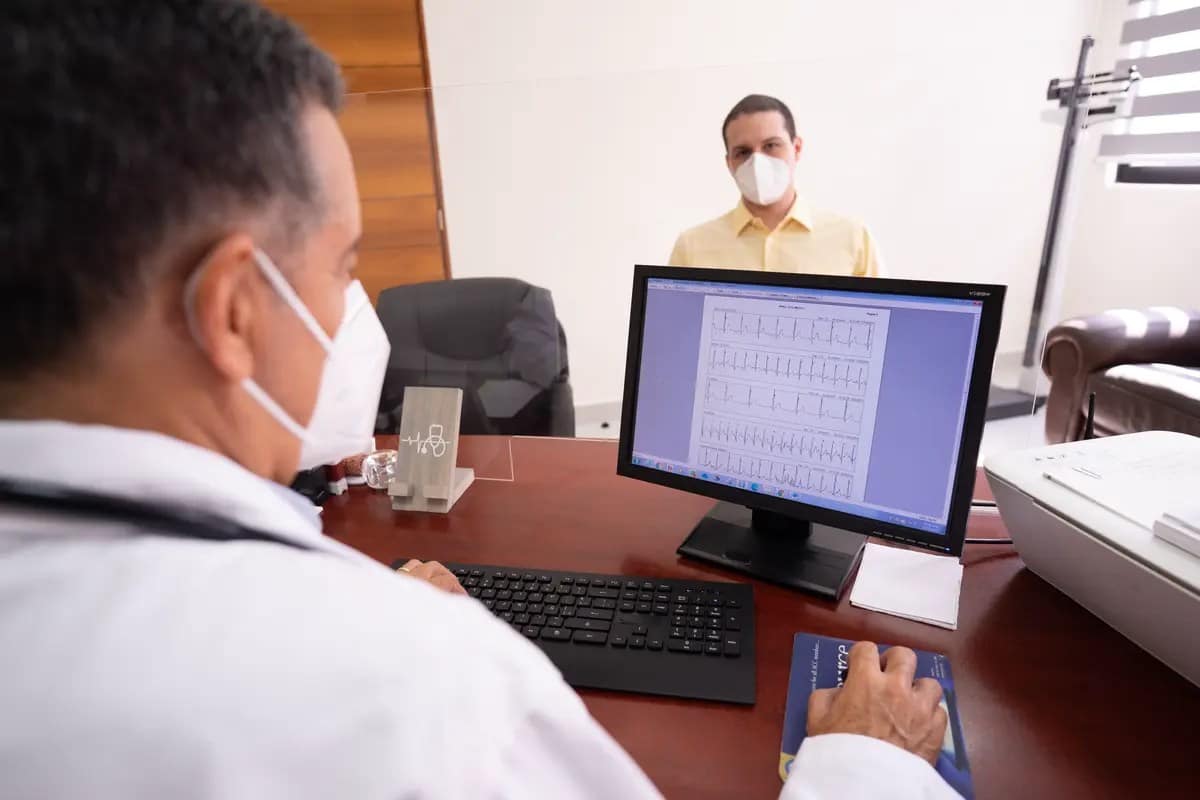In a world where health is the ultimate wealth, ensuring longevity is a top priority for individuals. Longevity is not merely about living a longer life; it’s about living a healthier and more fulfilling one. One key aspect of achieving this is through preventive health screenings. These screenings play a vital role in identifying potential health issues before they escalate into serious problems.
In this comprehensive guide, we will delve into the world of preventive health screenings, their importance, and how they can unlock the door to a longer, healthier life.
The Essence of Preventive Health Screenings
Preventive health screenings are medical tests and check-ups that aim to detect diseases and conditions at their earliest stages or before any symptoms manifest. They serve as proactive measures to maintain health and prevent potential health crises down the road. By identifying health risks early, individuals can take necessary actions to mitigate them effectively.
Types of Preventive Health Screenings
1. Blood Pressure Monitoring
High blood pressure, often called the “silent killer,” can lead to severe health issues like heart disease and stroke. Regular blood pressure monitoring can help identify hypertension, allowing for timely intervention through lifestyle changes or medication.
2. Cholesterol Level Checks
Elevated cholesterol levels can contribute to heart disease. Screenings help assess cholesterol levels and determine if dietary modifications or medication are needed.
3. Cancer Screenings
a. Mammograms
Breast cancer stands as a significant contributor to cancer-related fatalities in women. Mammograms are crucial for early breast cancer detection.
b. Colonoscopies
Colorectal cancer is a significant threat. Colonoscopies can identify polyps and early-stage cancers.
c. Pap Smears
Regular Pap smears are essential for detecting cervical cancer in its early, highly treatable stages.
d. Prostate-Specific Antigen (PSA) Tests
For men, PSA tests can help identify prostate cancer early on.
4. Bone Density Scans
These scans are vital for assessing bone health and diagnosing conditions like osteoporosis.
5. Diabetes Screening
Regular blood sugar monitoring and HbA1c tests are crucial for detecting diabetes or prediabetic conditions.
6. Vision and Hearing Tests
Regular eye and ear check-ups help maintain sensory health and detect issues like glaucoma or hearing loss.
7. Skin Examinations
Dermatological screenings can identify skin cancer and other skin conditions.

The Importance of Preventive Health Screenings
1. Early Detection
Preventive screenings catch diseases in their early stages when they are more manageable and less costly to treat.
2. Risk Reduction
Knowing one’s health risks enables individuals to make lifestyle changes, such as diet and exercise, to mitigate those risks.
3. Peace of Mind
Regular screenings offer peace of mind, as individuals know they are taking proactive steps to protect their health.
4. Cost Savings
Preventing a disease or catching it early can significantly reduce medical costs compared to treating advanced stages of illness.
The Role of Genetics
Genetic testing is an emerging field that can identify genetic predispositions to certain diseases. Understanding one’s genetic makeup can provide valuable insights for tailored preventive measures.
The Age Factor
The frequency of screenings often varies with age. Young adults may require fewer screenings, while those over 50 may need more comprehensive assessments. Consulting with a healthcare provider is essential to determine the right screening schedule.
FAQs: Longevity
Q1: What are preventive health screenings?
A1: Preventive health screenings are medical tests that identify potential health issues before symptoms appear, helping prevent serious illnesses.
Q2: How often should I undergo preventive health screenings?
A2: The frequency depends on your age and risk factors. Consult your healthcare provider for personalized recommendations.
Q3: Are preventive health screenings covered by insurance?
A3: Many insurance plans cover preventive screenings. Check with your provider to understand your coverage.
Q4: Can preventive screenings really extend my lifespan?
A4: Yes, by catching diseases early, preventive screenings can lead to timely interventions that improve your chances of a longer, healthier life.
Quotes: Longevity
A stitch in time saves nine – the same applies to your health. Embrace preventive screenings.
– Dr. Jane Smith
Conclusion: Longevity
In the journey towards longevity and a healthier life, preventive health screenings are indispensable. They empower individuals to take control of their health, make informed decisions, and enjoy a higher quality of life. Remember, health is not just the absence of disease; it’s the presence of vitality and well-being. So, embark on the path of longevity by embracing the power of preventive health screenings – your key to unlocking a longer and healthier life.
Understanding Health Insurance Deductibles: A Simplified Guide
